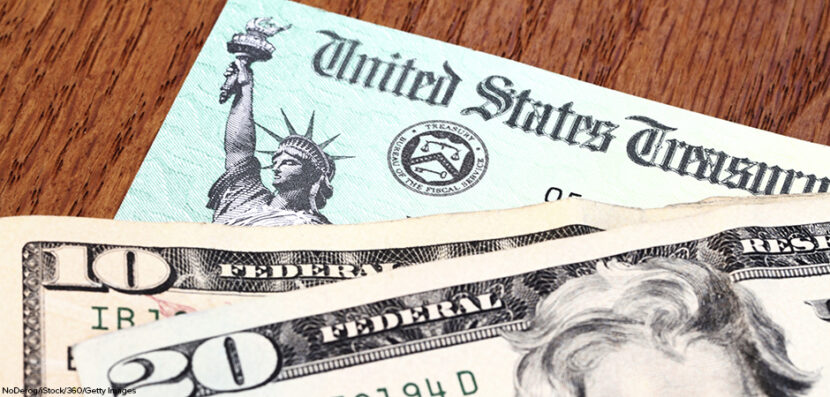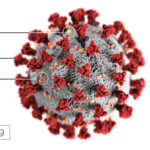- Current Events Nebraska Rejects Winner-Take-All Proposal
- Citizenship Voting Under Age 18
- Citizenship Citizenship in Action
- Democratic Party Biden’s and Trump’s Recent Primary Results
- Elections Trump and Biden Win South Carolina and Michigan Primaries
- Democratic Party Trump and Biden Win Big in Early February Contests

Congress Discusses Another Payout
The coronavirus pandemic has left millions of people out of work. But what about those who still have to report to their jobs every day: the nation’s “essential workforce,” who must, with every shift, potentially risk exposure to the virus in order to keep the country running? Recently, Congress passed the CARES Act, which provided direct payouts to many Americans. But Democrats argue that the CARES Act didn’t go far enough and that more money is needed–especially for workers in dangerous jobs who should receive a special “hazard pay.”
So What Might the Fourth Package Look Like?
In an effort to stabilize the economy, Congress recently passed a third relief package called the CARES Act, valued at $2 trillion. But a fourth payout package is already in the works, and this is the one that Schumer says needs to include additional hazard pay for frontline workers.
While nothing is certain yet, it’s likely that the fourth stimulus package will look a lot like the third one. It will probably contain direct payments, health insurance for laid-off workers, hazard pay, and expanded unemployment benefits. (For example, anyone who signs up for unemployment benefits, or who currently receives them, might get an extra $600 per week on top of what they are already receiving.)
But What Exactly Is Hazard Pay?
While each state has its own rules about who should and should not stay home these days, the “essential workforce” refers to people who must still report to work. The term generally includes healthcare workers (such as doctors, nurses, and surgeons) and first responders (police, fire, and paramedics), in addition to grocery store workers, truck drivers, food delivery workers, postal workers, and any others who are necessary to keep the country up and running.
Hazard pay means additional pay for those who perform hazardous duties. In this case, these workers are considered to be performing hazardous duties because their work potentially exposes them to the virus. Senate Minority Leader Chuck Schumer has told Trump he believes that these essential workers are deserving of additional hazard pay to compensate them for the daily risks they are taking with their health.
How Have Trump and Congress Responded?
In a tweet, Trump suggested that the fourth stimulus package–already nicknamed “CARES 2”–will likely focus on providing money for much-needed infrastructure improvements, such as building community health centers and expanding broadband and 5G capacity in rural areas. (The term “infrastructure” generally refers to roads, bridges, dams, etc.) Although it may seem odd to be investing resources in building things right now, the point of it is actually to provide jobs for Americans who now find themselves out of work. However, Schumer–along with his fellow Democrat, Speaker of the House Nancy Pelosi–are now saying that a better plan would be to postpone infrastructure improvements and focus instead on providing more immediate relief to families.
Other top Republicans, such as Senate Majority Leader Mitch McConnell, want to put the brakes on any additional spending plan until they see how the original CARES Act plays out. But Democrats worry that waiting too long to provide relief could spell financial doom for many families and small business owners.
What Do You Think? If your job required it, would you perform an essential but risky service right now, if it meant receiving additional pay? Why or why not?


